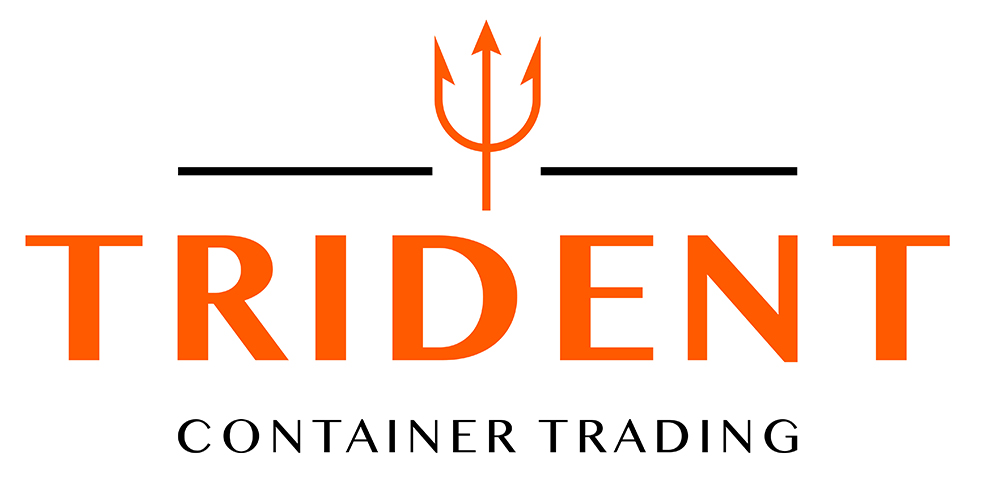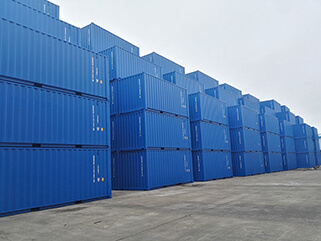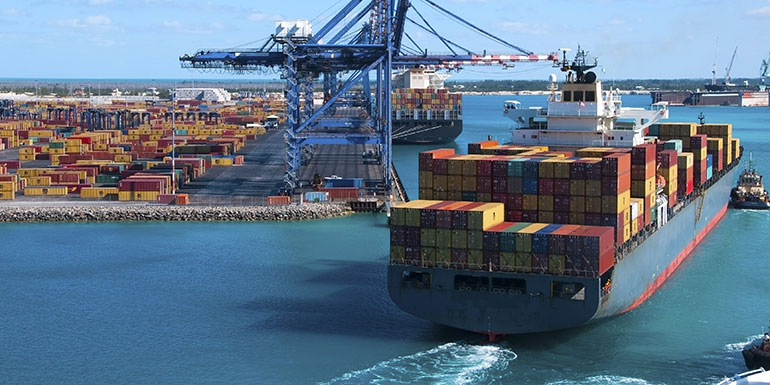Hapag anticipates continued congestion and higher rates
Hapag anticipates continued congestion and higher rates
Hapag anticipates continued congestion and higher rates
Persistent delays at ports and higher rates. That was the message from CEO Rolf Habben Jansen of Hapag-Lloyd at a press conference about the short-term expectations for the container market. He believes that delays in US and European ports will continue for the remainder of the second quarter and expects the situation to gradually normalize in the third quarter at the earliest. He said he was particularly concerned about Rotterdam and British ports: “We may need to look at alternatives to ensure that we do not lose unnecessary time”.
Cancel departures
 He went on to say that Hapag is currently scrapping sailings on a number of routes in an effort to get the network in order for the coming peak season in the third quarter. Because many shifts have a rotation of twelve to fourteen weeks, he says it takes a lot of time to get everything back on schedule.
He went on to say that Hapag is currently scrapping sailings on a number of routes in an effort to get the network in order for the coming peak season in the third quarter. Because many shifts have a rotation of twelve to fourteen weeks, he says it takes a lot of time to get everything back on schedule.
The shortage of available containers, which has persisted since the end of last year, has still not been resolved, according to him. “The usage time of containers has increased by about 20%, which means that we also need 20% more boxes to transport the same amount of goods,” says Habben Jansen.
The tightness resulting from the delays and shortage of equipment, he says, will lead to “significant” rate hikes in annual contracts that will expire in the coming months and will have to be renewed. He pointed out that the rise in spot prices seems to have come to an end and that the market for spot transport is now reasonably balanced.

Rogier Vervoort is co-owner of Trident Container Leasing B.V. With 30 years of experience in the container business, he is a specialist in container leasing and trading.
Hapag anticipates continued congestion and higher rates
Persistent delays at ports and higher rates. That was the message from CEO Rolf Habben Jansen of Hapag-Lloyd at a press conference about the short-term expectations for the container market. He believes that delays in US and European ports will continue for the remainder of the second quarter and expects the situation to gradually normalize in the third quarter at the earliest. He said he was particularly concerned about Rotterdam and British ports: “We may need to look at alternatives to ensure that we do not lose unnecessary time”.

He went on to say that Hapag is currently scrapping sailings on a number of routes in an effort to get the network in order for the coming peak season in the third quarter. Because many shifts have a rotation of twelve to fourteen weeks, he says it takes a lot of time to get everything back on schedule.
The shortage of available containers, which has persisted since the end of last year, has still not been resolved, according to him. “The usage time of containers has increased by about 20%, which means that we also need 20% more boxes to transport the same amount of goods,” says Habben Jansen.
The tightness resulting from the delays and shortage of equipment, he says, will lead to “significant” rate hikes in annual contracts that will expire in the coming months and will have to be renewed. He pointed out that the rise in spot prices seems to have come to an end and that the market for spot transport is now reasonably balanced.

Rogier Vervoort is co-owner of Trident Container Leasing B.V. With 30 years of experience in the container business, he is a specialist in container leasing and trading.



